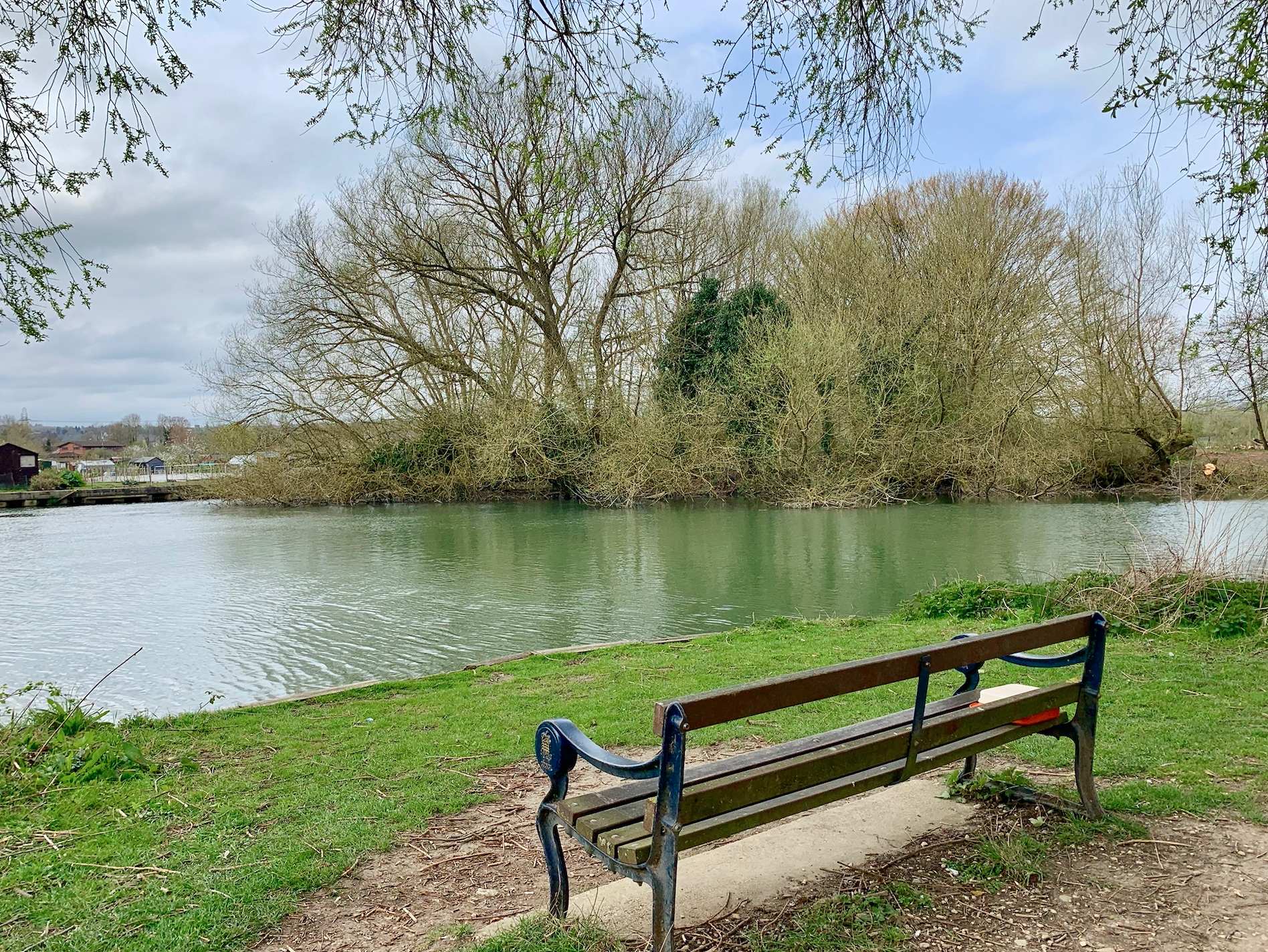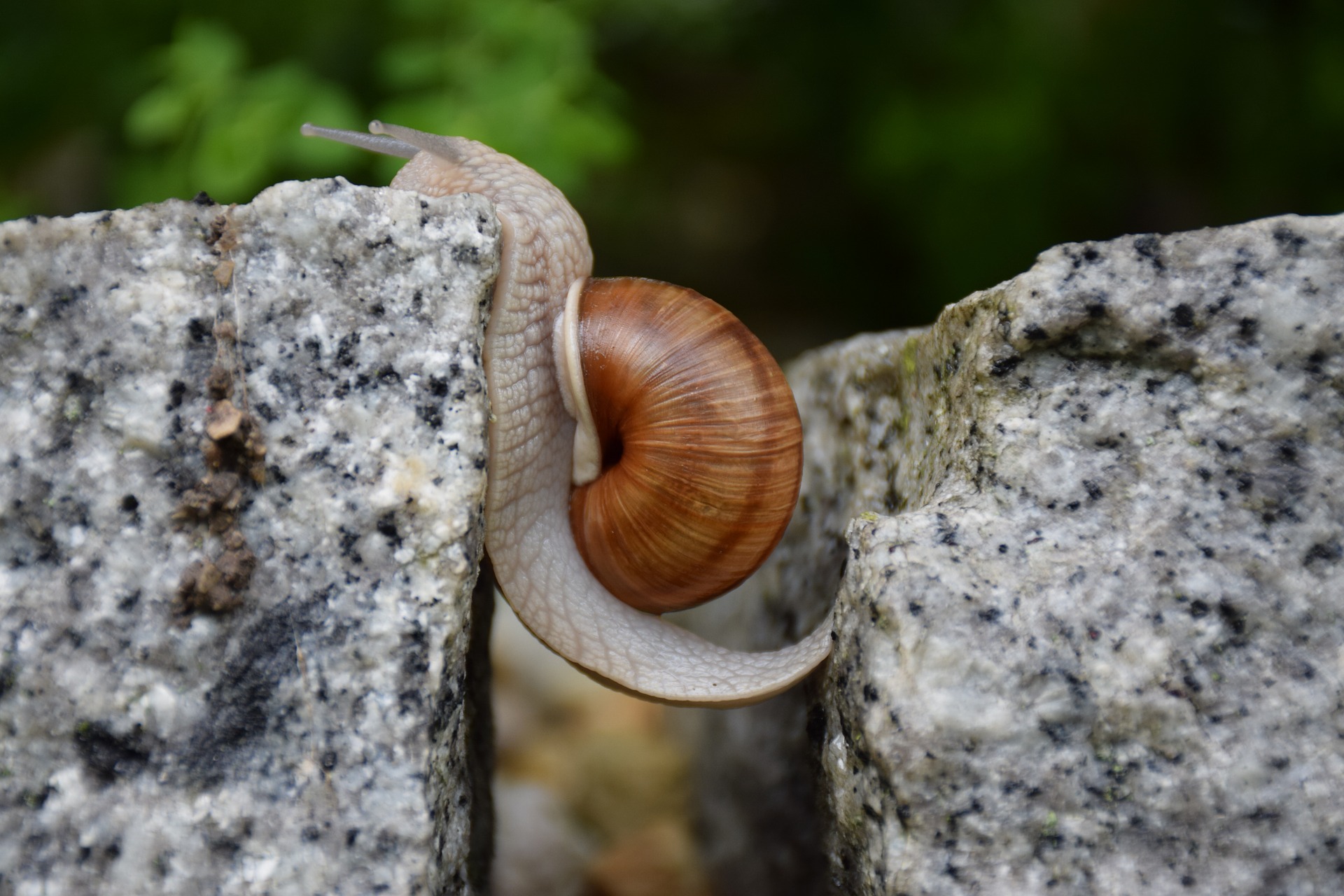Welcome to our special section, Thrive on Campus, devoted to covering the urgent issue of mental health among college and university students from all angles. If you are a college student, we invite you to apply to be an Editor-at-Large, or to simply contribute (please tag your pieces ThriveOnCampus). We welcome faculty, clinicians, and graduates to contribute as well. Read more here.
Overcommitment has consistently been one of my greatest causes of burnout. In short, I was a “yes” girl and I thought that every “yes” would have an intrinsically positive and additive value to my life. But, overtime, this tendency proved significantly more destructive than constructive.
Beyond the harm the behaviour caused personally, perhaps the worst effect of overcommitment was its destructive power on my relationships. There was really nothing worse than looking into the eyes of a disappointed acquaintance when I had to explain my inability to carry on with a project or event to which I had already committed. Although these experiences from over-commitment were difficult, with time, they pushed me to strengthen my confidence and to better know myself and my limits. I learned that setting boundaries, saying “no” when appropriate, can be one of the most liberating and empowering feelings.
Recently, I found myself on the verge of falling into my old habit again. In addition to the projects I’m already involved in on campus, last week I was offered a position to join another I applied to months ago. Despite my deep enthusiasm for the offer, it resulted in several sleepless nights and minor panic attacks as I contemplated whether or not to take on another project.
One question reiterated in my mind: If I accepted, was this going to be another case of overcommitting?
Determined to find answers, I sought refuge on a bench beside my favourite river near campus.

With this simple act, I applied one of the most precious lessons I acquired over the years through my difficult experiences: making the time to practice stillness before critical decision-making moments is a powerful way to fight burnout from overcommitment.
Thanks to my time in stillness, I realised that the risk I was willing to take in doing what I thought would help put me ahead career-wise was, in actuality, a fast-track to burning out.
Make time for stillness
You might ask, how does stillness help you know when to say “no” and draw boundaries? I found that the practice is one of the best ways to avoid what some studies show is a prominent cause of overcommitment: overestimating the time you have in the future. With stillness, such a miscalculation is less likely to happen as you can, ideally, reach a physical and mental state of calm to enable to you better envision yourself, and your future realities.
Perhaps the clearest representation of this lay in the river before me; where it was calm, the river reflected perfectly the trees and clouds, but where it was turbulent, it reflected nothing. Sitting on the bench that day gave me the time and psychological calm I needed to reflect on, with more clarity, my future capabilities and limitations. What I eventually did see when my waters quieted, was that accepting the offer would likely result in burnout in the coming months.
As I walked away from the bench, I felt at peace with my decision to reject the offer and an old Italian nursery rhyme my grandmother always repeated to me echoed in my mind:
Chi va piano, va sano, e va lontano.
“Those who go slowly, go with health, and go far.”
Subscribe here for all the latest news on how you can keep Thriving.
More on Mental Health on Campus:
What Campus Mental Health Centers Are Doing to Keep Up With Student Need
If You’re a Student Who’s Struggling With Mental Health, These 7 Tips Will Help
The Hidden Stress of RAs in the Student Mental Health Crisis


